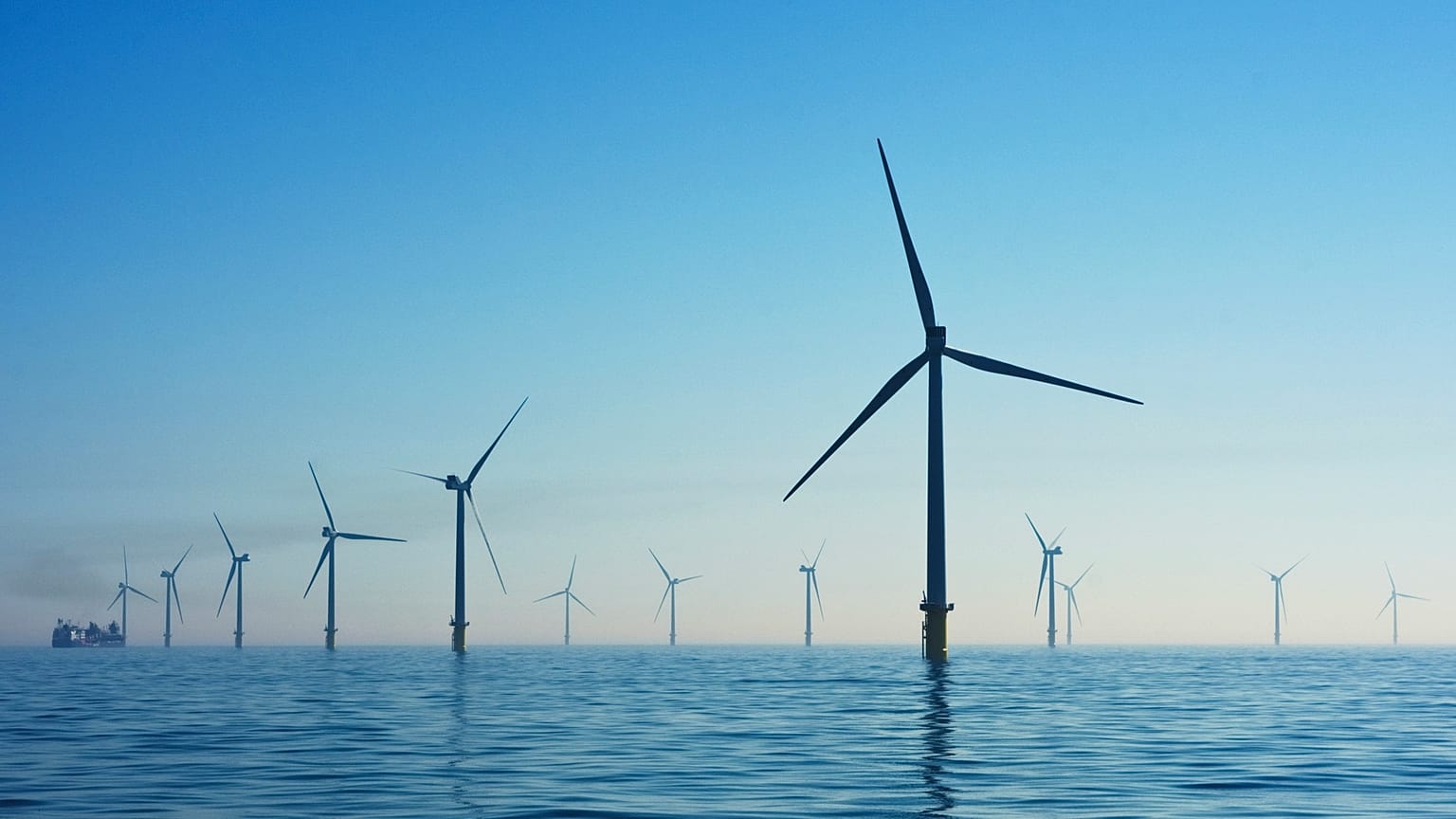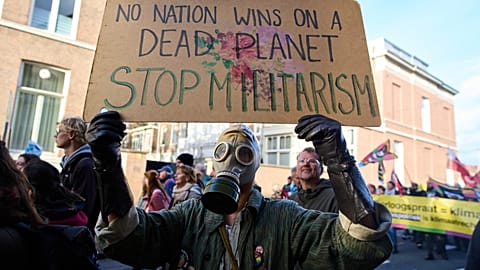Despite record clean energy investment, coal, deforestation and fossil fuel finance are still rising, warns new report.
The world is failing to act fast enough to avoid the worst impacts of climate change, according to a major assessment published this week.
The State of Climate Action 2025 report, produced by Systems Change Lab, finds that none of the 45 key indicators for limiting global warming to 1.5°C, in line with 2015’s Paris Agreement, are on track for 2030. While most are moving in the right direction, progress remains far too slow and uneven to meet the targets set out in the Paris Agreement.
“All systems are flashing red,” says Clea Schumer, research associate at the World Resources Institute (WRI) and co-lead author of the report.
“A decade of delay has dangerously narrowed the path to 1.5°C. Steady progress isn’t enough anymore – every year we fail to speed up, the gap widens and the climb gets steeper. There’s simply no time left for hesitation or half measures.
Climate action ‘off track’ across all sectors
The report is a collaboration between the Bezos Earth Fund, Climate Analytics, ClimateWorks Foundation, the Climate High-Level Champions and WRI.
It offers what its authors describe as “the most comprehensive roadmap yet” for closing the gap in climate action across the sectors responsible for most emissions. Those include energy, transport, industry, forestry and food systems.
Of the 45 indicators assessed, six are “off track,” 29 are “well off track,” five are heading in the wrong direction entirely and five could not be evaluated due to insufficient data.
Even areas previously considered success stories are suddenly losing momentum.
Electric vehicles made up a record 22 per cent of global car sales in 2024, up from 4.4 per cent in 2020. But as climate scepticism has emerged, EV growth has slowed in major markets such as Europe and the United States. The report now classifies EV adoption as “off track.”
The stalled progress comes at a time when transport is the only sector still producing more emissions than it did in 1990.
Finance is also lagging. While private climate funding reached about €1.2 trillion in 2023, up from about €750 billion in 2022, the amount is still far below what is needed.
Public finance for fossil fuels, on the other hand, continues to rise. It has averaged roughly €70 billion per year since 2014, and in 2023 it totalled more than €1.4 trillion.
“We’re not just falling behind – we’re effectively flunking the most critical subjects,” said Sophie Boehm, senior research associate at WRI and co-lead author.
“We have barely moved the needle on phasing out coal or halting deforestation, while public finance still props up fossil fuels. These actions aren’t optional; they’re the bare minimum needed to combat the climate crisis and protect humanity.”
Less coal, more climate tech: These are the key areas for acceleration
The report sets out how quickly the world needs to change to stay within 1.5°C of warming.
Coal use must decline more than ten times faster than current rates, a figure the authors equate to retiring “nearly 360 coal-fired power plants” annually while halting all future projects.
With current losses comparable to 22 football pitches of forest disappearing every minute, and pledges falling short, deforestation must fall nine times faster.
Rapid transit infrastructure needs to expand fivefold, while regions such as North and South America, Australia and New Zealand – where beef and lamb consumption remains high – must make different food choices. The report says these regions need to cut back on beef and lamb intake about five times faster, down to no more than two servings per week.
That includes grass-fed beef, as recent studies have revealed it produces the same planet-warming carbon emissions as industrial beef.
Carbon removal technology must grow more than tenfold, too, while climate finance must rise by nearly €920 billion annually, or roughly two-thirds of current fossil fuel subsidies.
Pockets of progress offer hope
In the second quarter of this year, more than half of Europe’s net electricity came from solar power. Globally, renewable energy is beginning to mirror this growth.
The share of global electricity generated from solar and wind power has more than tripled since 2015, according to the report, while clean energy investment exceeded fossil fuel investment for the second consecutive year in 2024.
Emerging technologies such as green hydrogen – or hydrogen produced using renewable energy sources – and carbon dioxide removal are also expanding rapidly. In fact, green hydrogen production more than quadrupled in a single year.
“Clean energy investment is now outpacing fossil fuels and new technologies are taking off – proof that progress is possible when ambition and investment align,” says Kelly Levin, chief of science, data and systems change at the Bezos Earth Fund.
“The challenge is to scale these successes and reverse the setbacks.”
Meeting climate targets a matter of ‘speed’
Despite signs of momentum, the report’s overall message is a stark reminder that societies have a lot of work ahead to meet necessary climate goals.
“Keeping warming to 1.5°C now hinges on one thing: speed,” says Bill Hare, chief executive of Climate Analytics.
“The science is unequivocal: the world isn’t moving fast enough. Every year of delay makes the task harder, and only rapid, sustained cuts can keep 1.5°C within reach.”
Ani Dasgupta, president and chief executive of WRI, adds a note of caution.
“Ten years after the Paris Agreement, the world is at a critical crossroads. We can either lock in systems that are escalating climate catastrophes, or accelerate the transition toward a healthier, more sustainable future.”


















